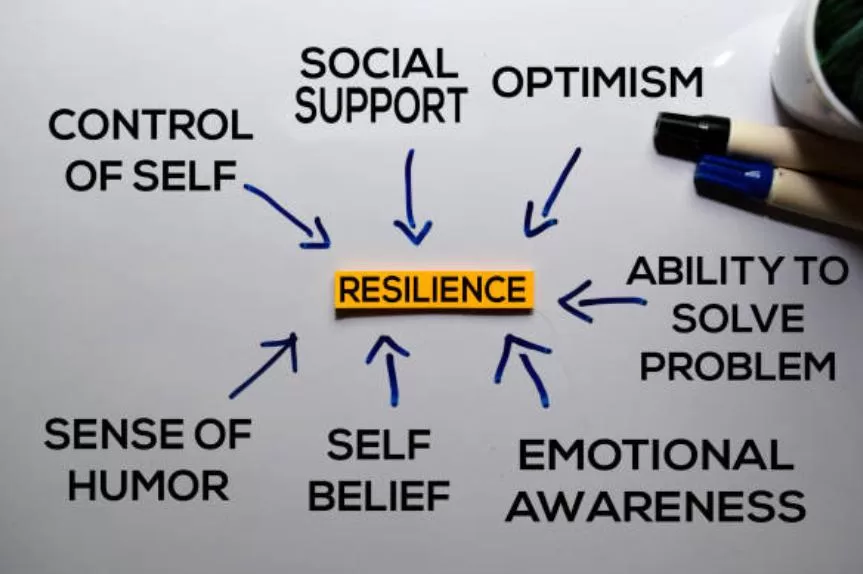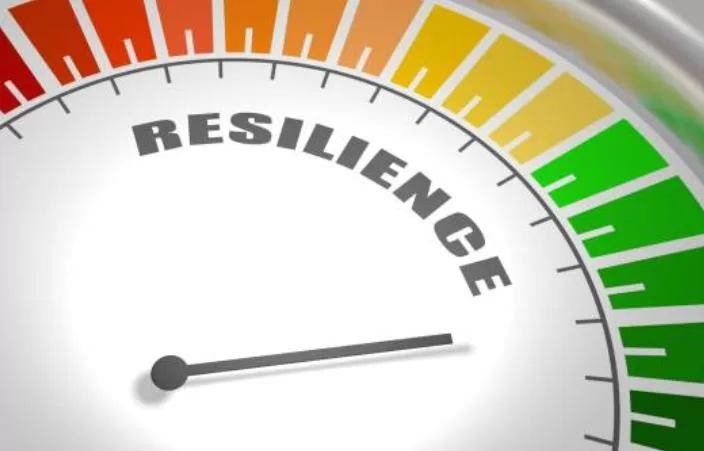How Does Mindset Impact Resilience?

Selfpause Affirmation App
Download the app to get 1,000’s of affirmation meditations and everything you need to write, record and listen to your own.
One’s mindset, or attitude and perspective, has a substantial impact on one’s level of resilience. The ability to recover from hardship is referred to as resilience, and a positive mindset can considerably improve this ability.

Resilience can be hampered by a fixed mindset, or the notion that abilities are fixed and cannot be changed. Individuals with a fixed attitude may give up quickly when confronted with difficulties, believing that they lack the essential skills to overcome them. A growth mindset, on the other hand, or the concept that abilities can be developed through effort, might promote resilience. Individuals who have a growth mentality are more inclined to persevere and learn from their experiences.
Studies of youngsters confronting academic obstacles demonstrate the power of a growth mentality. In one study, children who were given a growth mindset approach to learning performed significantly better in math than a control group. Another study found that youngsters who were commended for their effort rather than their natural ability were more resilient in the face of failure.

Mindset also influences how people deal with stress. Positive thinkers utilize superior stress management skills, such as seeking social support, and are less likely to participate in unhealthy coping processes, such as substance misuse.
Mindset, in addition to influencing an individual’s ability to recover from adversity, can also influence how one handles and interprets challenging events. A positive mindset can lead to a more hopeful view, whereas a negative mindset can cause even slight losses to appear insurmountable.
It’s important to remember that resilience is more than just being able to recover from adversity; it’s also about being able to adapt and develop from it. Individuals with a growth mindset perceive challenging events as chances for growth and development, which can lead to higher overall resilience in the long run.
Setting precise, difficult goals, seeking criticism and learning from failures, and focusing on the process rather than the outcome are all ways to cultivate a growth mindset. Furthermore, mindfulness methods like meditation and yoga can help people create a more positive mindset by encouraging self-awareness and acceptance.
Finally, mindset is important in resilience, with a growth mindset being a major aspect in the ability to recover from adversity and adapt to tough situations. Individuals can considerably improve their resilience and overall well-being by establishing a positive attitude and viewpoint.
